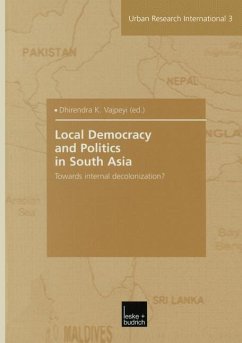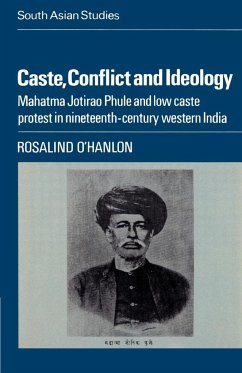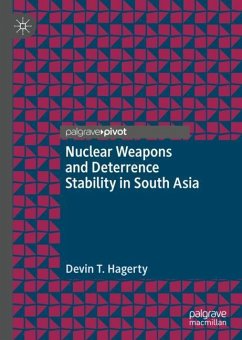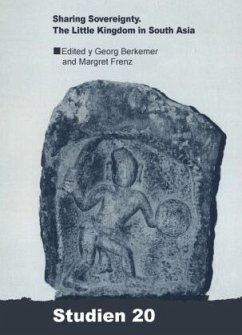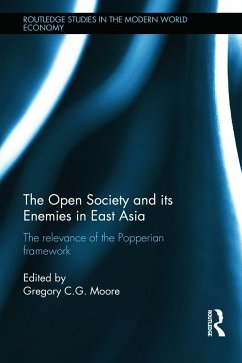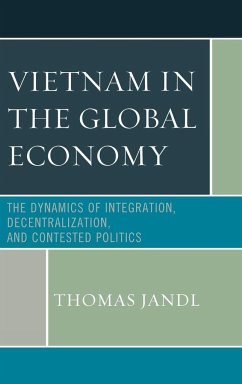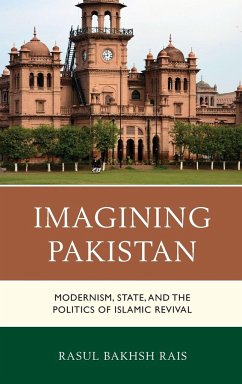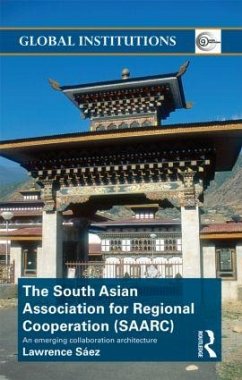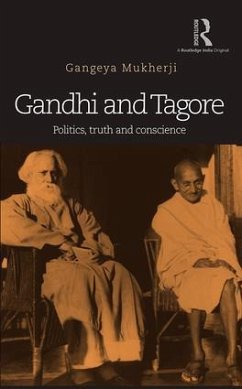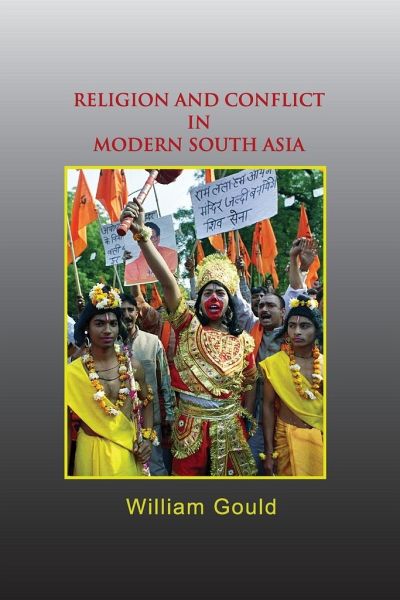
Religion and Conflict in Modern South Asia
Versandkostenfrei!
Versandfertig in 1-2 Wochen
41,99 €
inkl. MwSt.
Weitere Ausgaben:

PAYBACK Punkte
21 °P sammeln!
This is one of the first single-author comparisons of different South Asian states around the theme of religious conflict. Based on new research and syntheses of the literature on 'communalism', it argues that religious conflict in this region in the modern period was never simply based on sectarian or theological differences or the clash of civilizations. Instead, the book proposes that the connection between religious radicalism and everyday violence relates to the actual (and perceived) weaknesses of political and state structures. For some, religious and ethnic mobilisation has provided a ...
This is one of the first single-author comparisons of different South Asian states around the theme of religious conflict. Based on new research and syntheses of the literature on 'communalism', it argues that religious conflict in this region in the modern period was never simply based on sectarian or theological differences or the clash of civilizations. Instead, the book proposes that the connection between religious radicalism and everyday violence relates to the actual (and perceived) weaknesses of political and state structures. For some, religious and ethnic mobilisation has provided a means of protest, where representative institutions failed. For others, it became a method of dealing with an uncertain political and economic future. For many it has no concrete or deliberate function, but has effectively upheld social stability, paternalism and local power, in the face of globalisation and the growing aspirations of the region's most underprivileged citizens.





